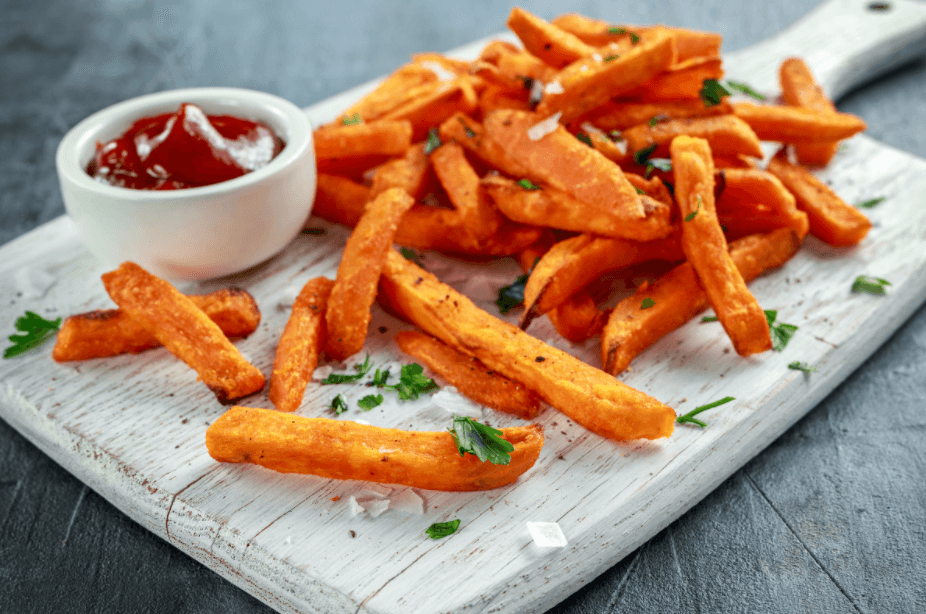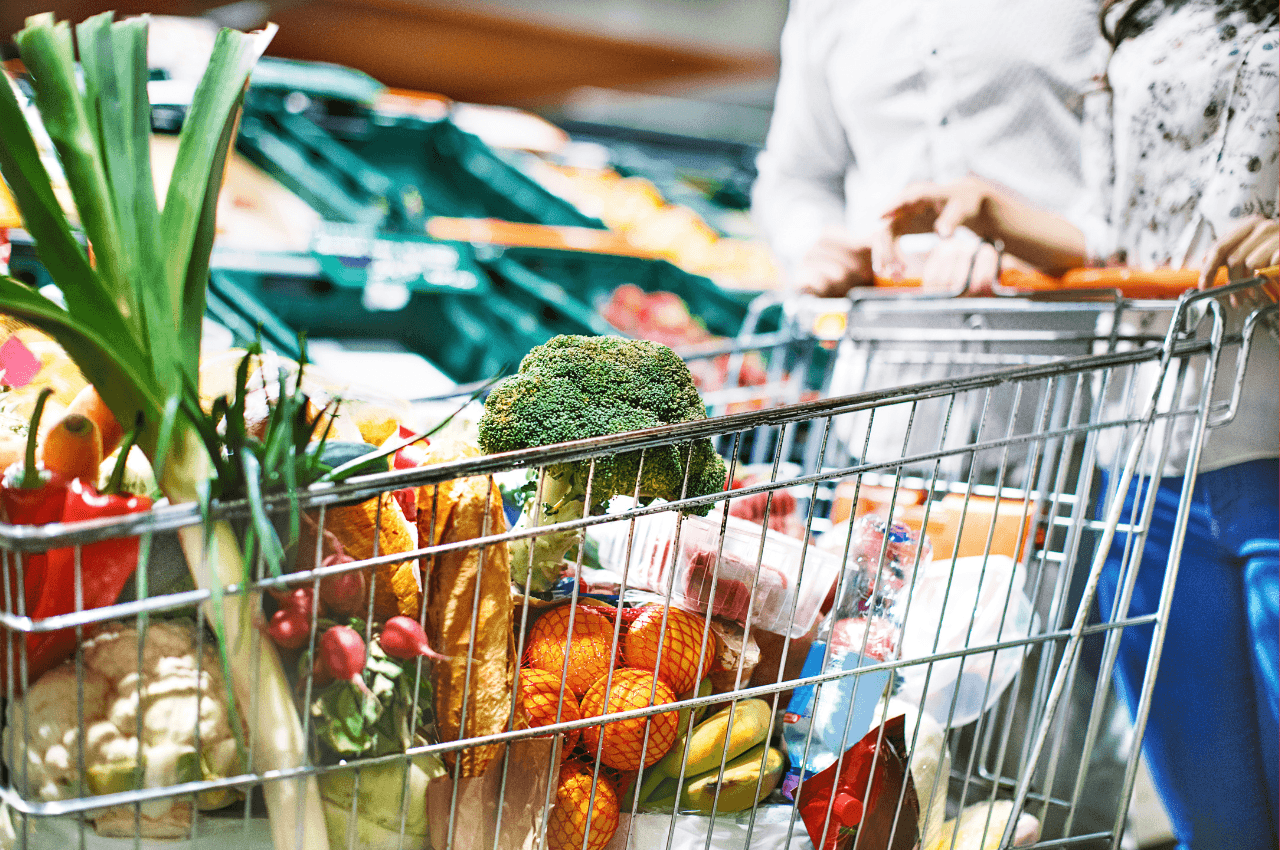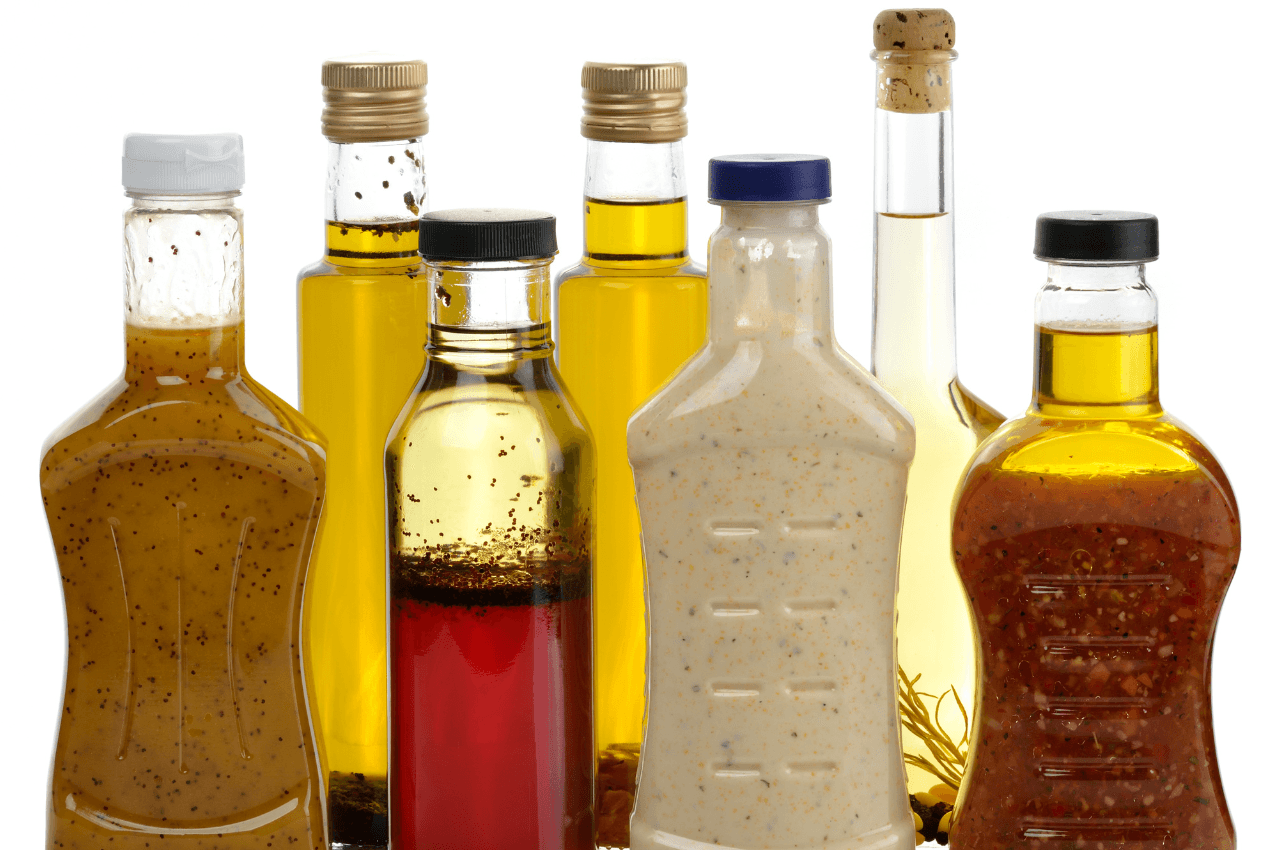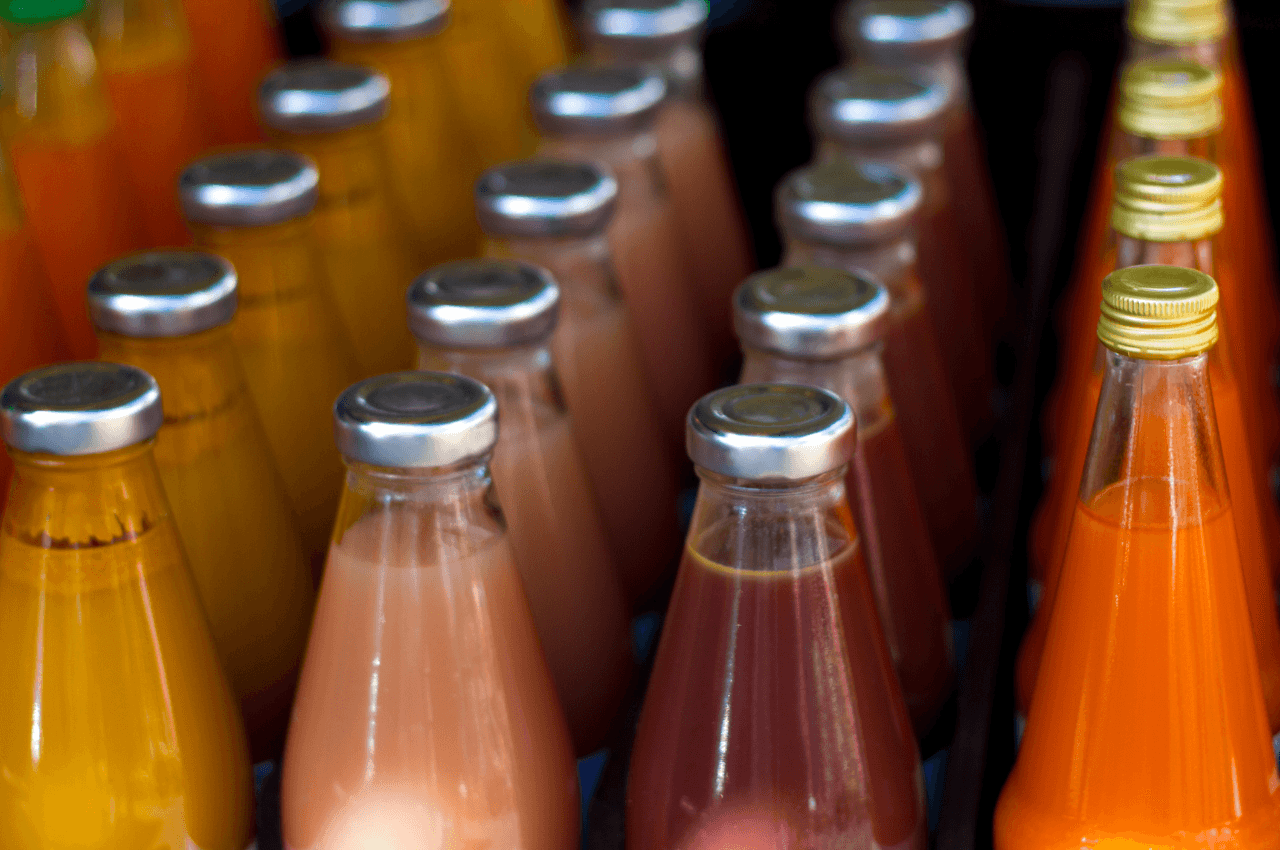Do I Need A Multivitamin During Pregnancy?
•Nutrition

Share
Adequate nutrition in pregnancy is vital for the healthy growth of your baby, so it’s important to watch what you put in your body. If you’re pregnant, trying, or already a mum, then you already know folic acid is a highly recommended nutrient – this is because it’s been proven to lower the risk of birth defects.
Another is iodine, and this is because it helps to support the brain health of your baby, but are any other supplements needed? Is a multivitamin really necessary before and during pregnancy?
What’s In A Multivitamin?
Most multivitamins targeted towards pregnant women contain folic acid, iodine, iron, vitamin B12, vitamin D, calcium and more. Depending on your diet during pregnancy, you could be seriously overdoing it, and that can pose a risk to both you and your baby.
If you already have a healthy, balanced diet, then all you really need are iodine and folic acid.
Dangers Of A Nutrient Overload
The saying “everything in moderation” does not discriminate, it’s possible to be getting too many nutrients, which can negatively impact your health and that of your baby.
If your diet is already providing adequate levels of nutrients and you’re taking supplements to amp them up further, you’re doing your body no favours.
A 2023 study found that one in 20 people had high levels of folate – more than the safe “upper-level intake”. Almost half of those in the study also surpassed the upper-level intake for total iron, and almost all participants were taking a multivitamin and had higher-than-usual blood levels of the respective nutrients.
We’re not saying don’t take folic acid or iron supplements but ensure you’re getting regular blood tests to ensure that when you do take these supplements, you’re not overdoing it.
Individual Circumstances
Going off advice from a healthcare provider, vegetarians and vegans may need to take vitamin B12 and iron supplements during pregnancy. People with any other nutrient deficiencies such as vitamin D, which is common among those on a plant-based diet, will be prescribed the appropriate supplement to build up their levels.
If you’re suffering from a nutrient deficiency, your body will tell you! Whether you’re pregnant not, learn how to spot the signs.
Safe Supplements
Look for a supplement that contains folic acid and iodine at the recommended dose or take them as individual supplements. Chances are that with a healthy diet you’re already getting an adequate intake of the other micronutrients required to support the development of your baby.
The following foods are ideal to add to your diet before and during pregnancy!
Foods With Folic Acid
Dark Green Leafy Veggies: Spinach, brussel sprouts, and broccoli
Wholegrains: Barley, brown rice, oats and quinoa
Nuts & Seeds: Peanuts and sunflower seeds
Foods With Iodine
Fish: Cod, tuna, oysters and shrimp
Dairy: Milk, cheese and yoghurt
Seaweed: Nori, kelp and kombu
Meat: Chicken, pork and duck
Takeaways
Supplements do not replace a whole-food diet, they’re merely a helping hand if you’re lacking in certain nutrients. A growing concern is that pregnant women are substituting a healthy diet with supplements, which will only do them and their baby a disservice.
Multivitamins are often expensive and not always necessary. Always consult your healthcare provider to get professional advice on what your body might need more (or less) of during pregnancy.






